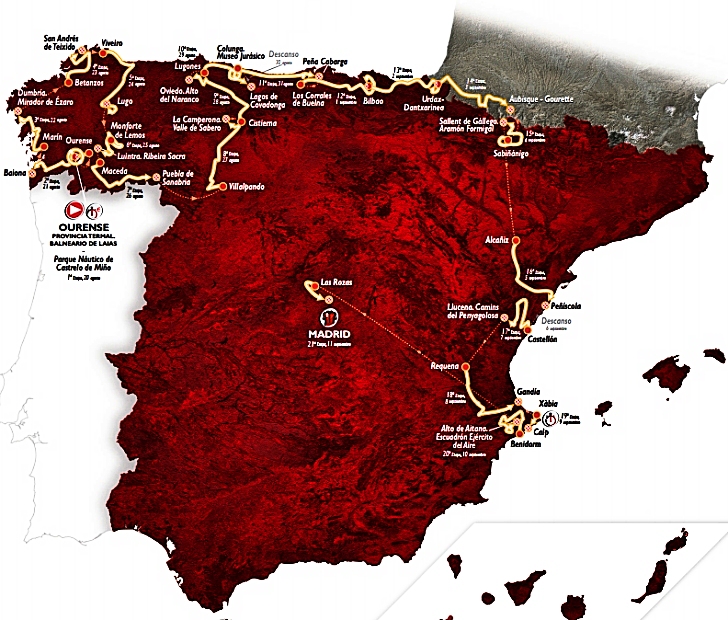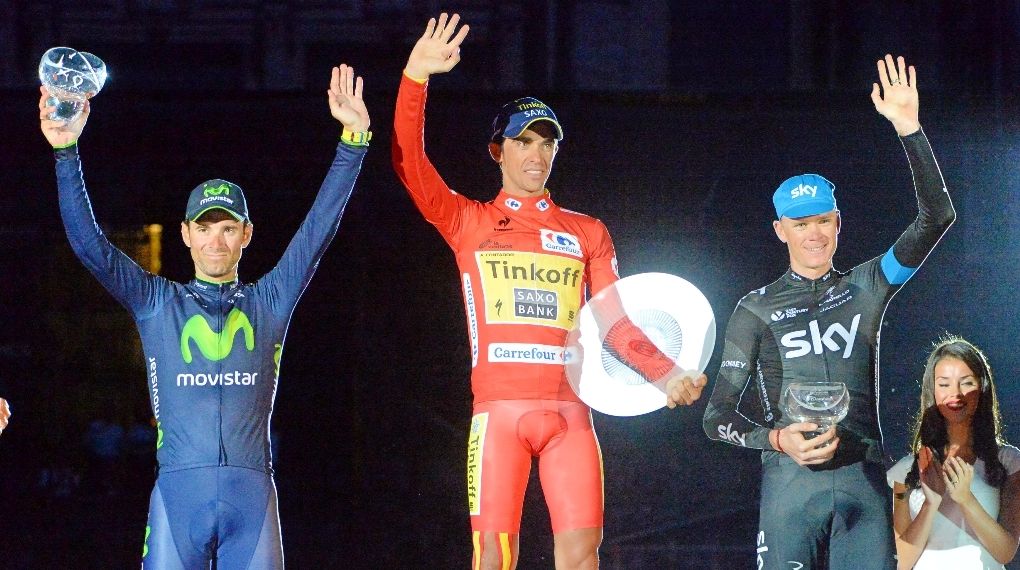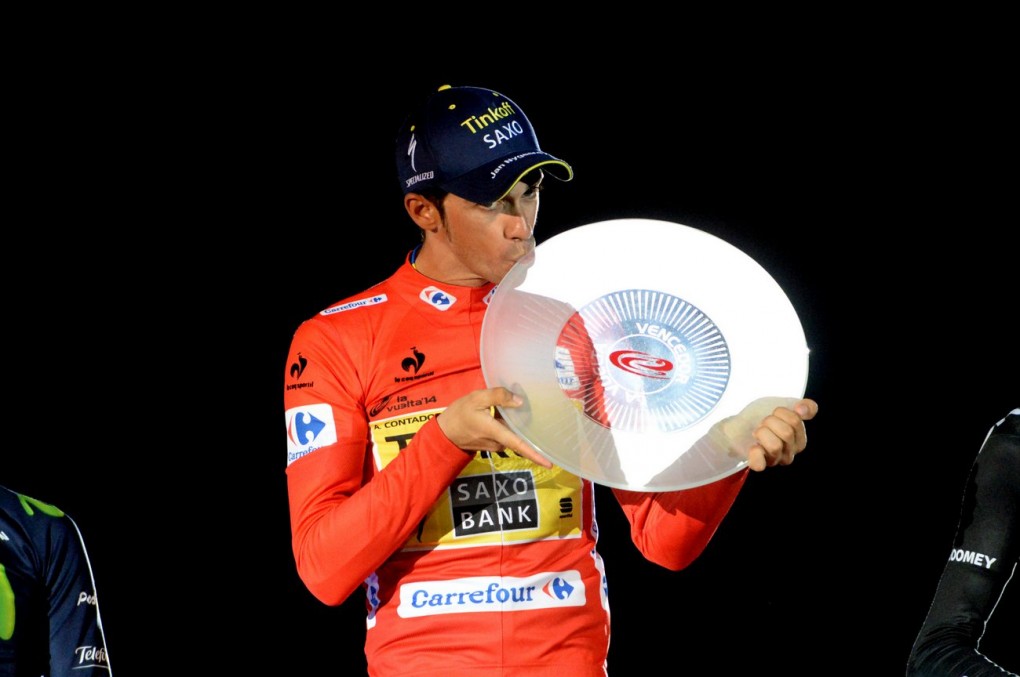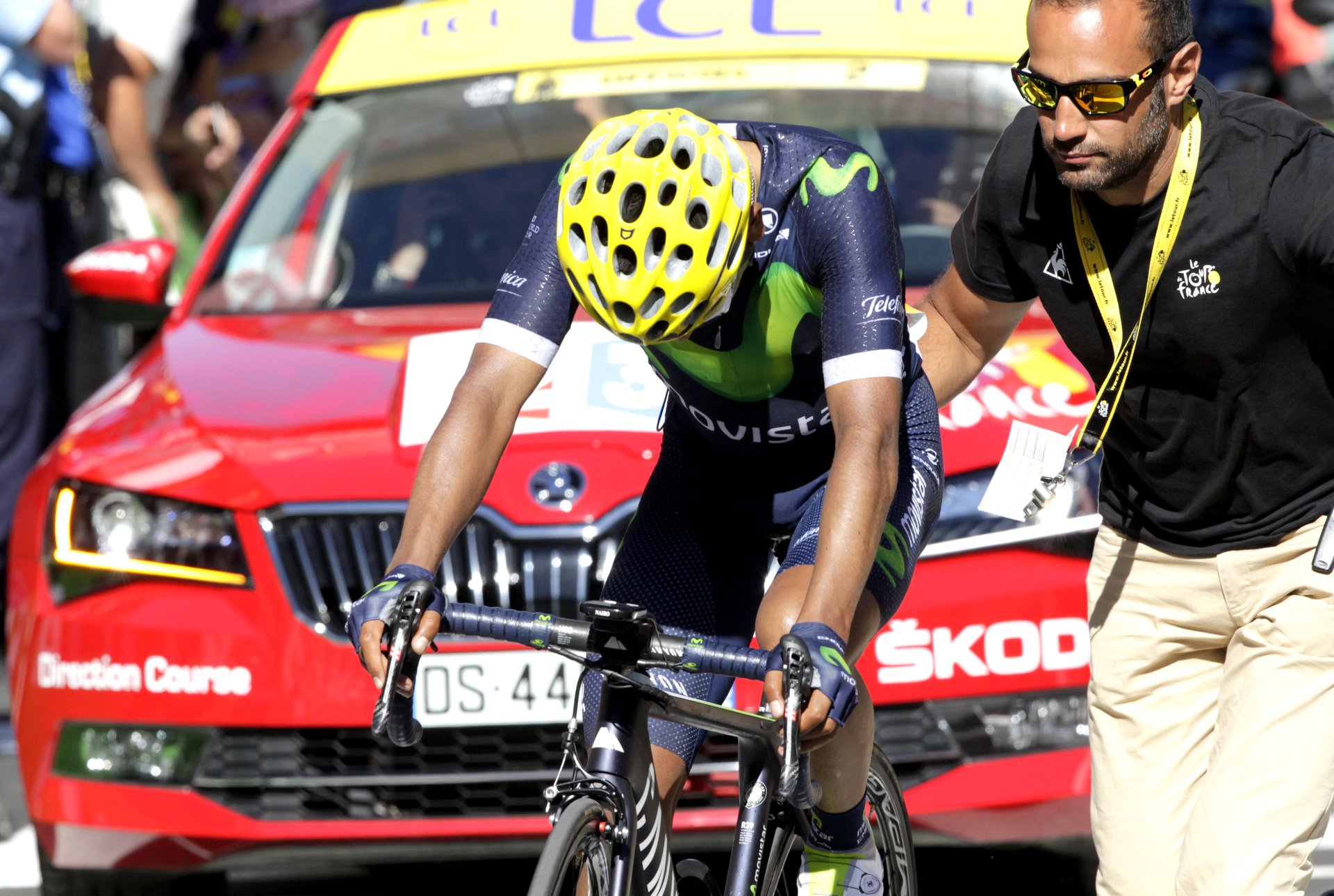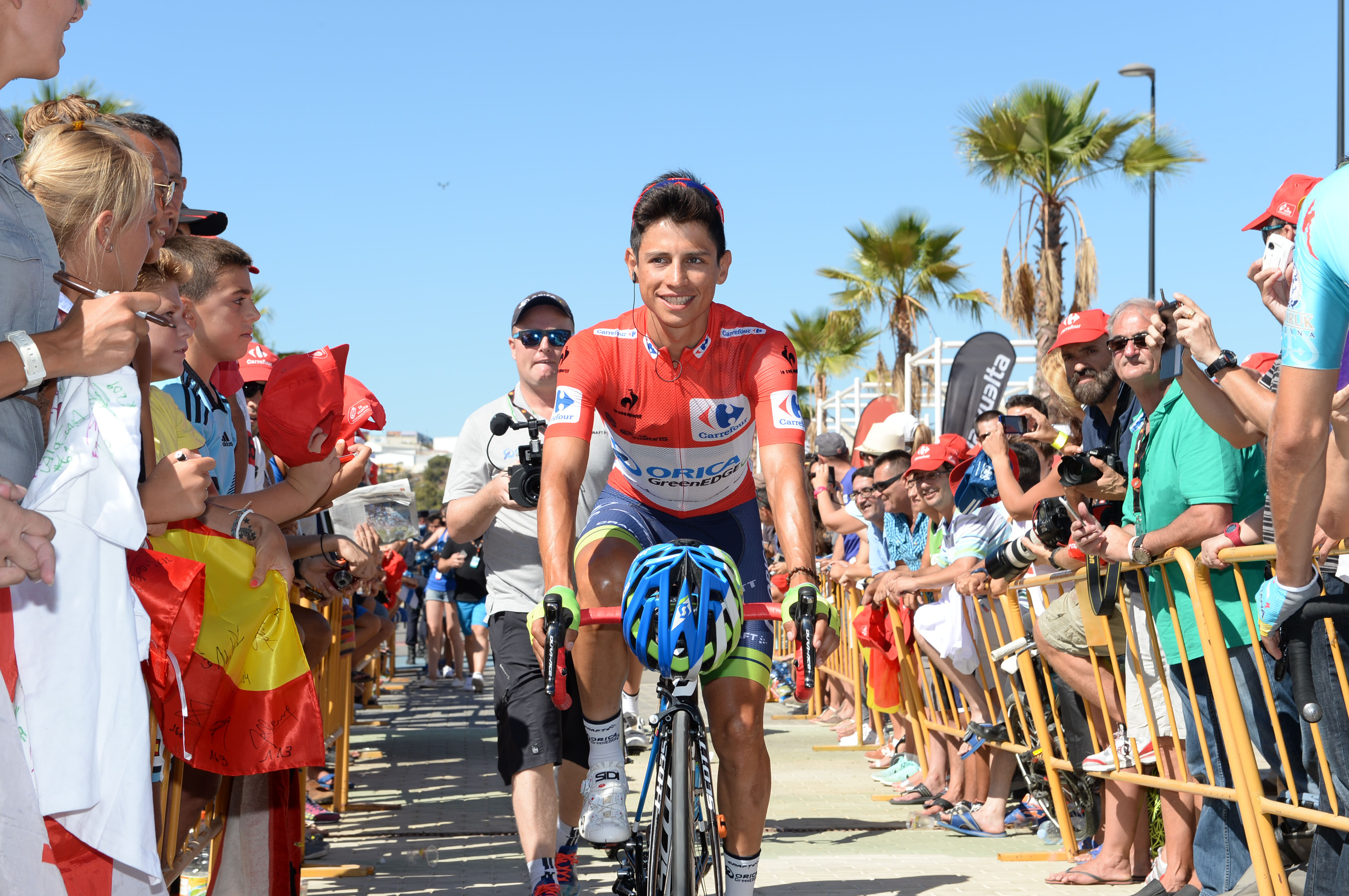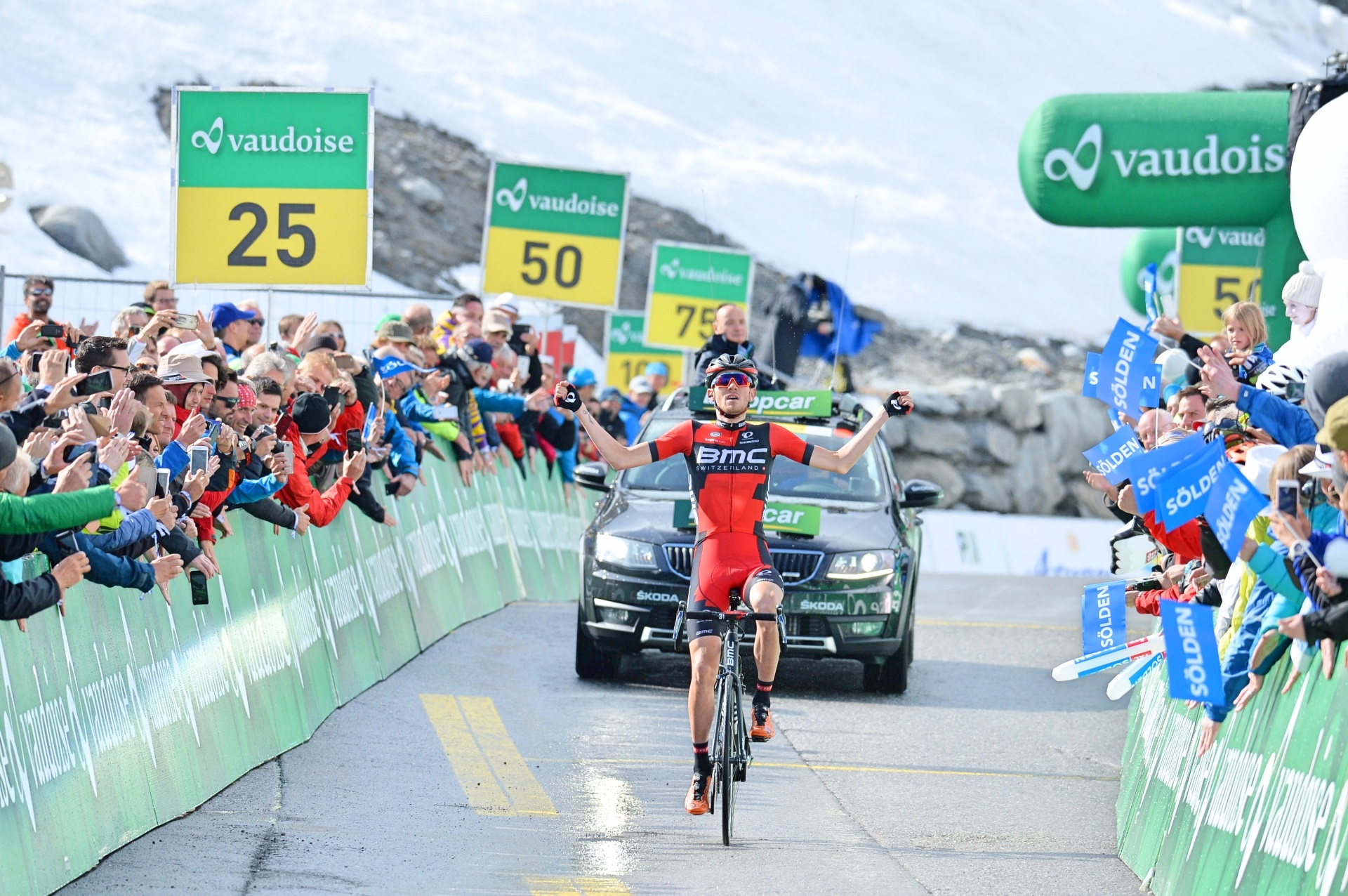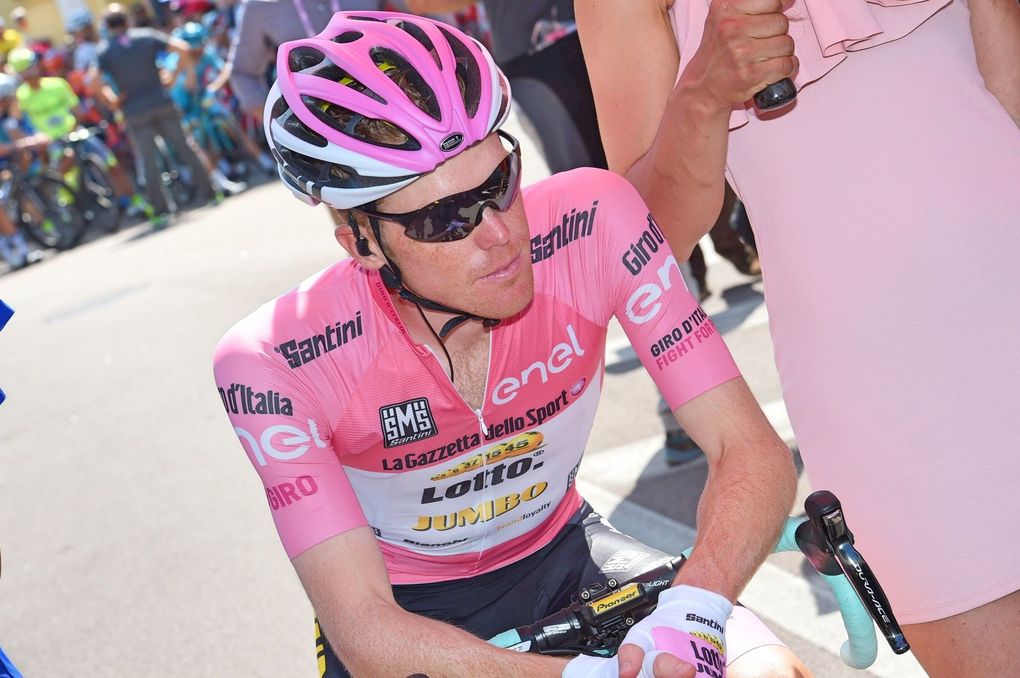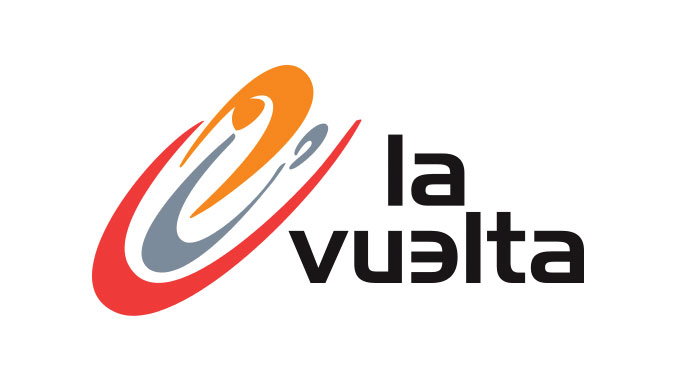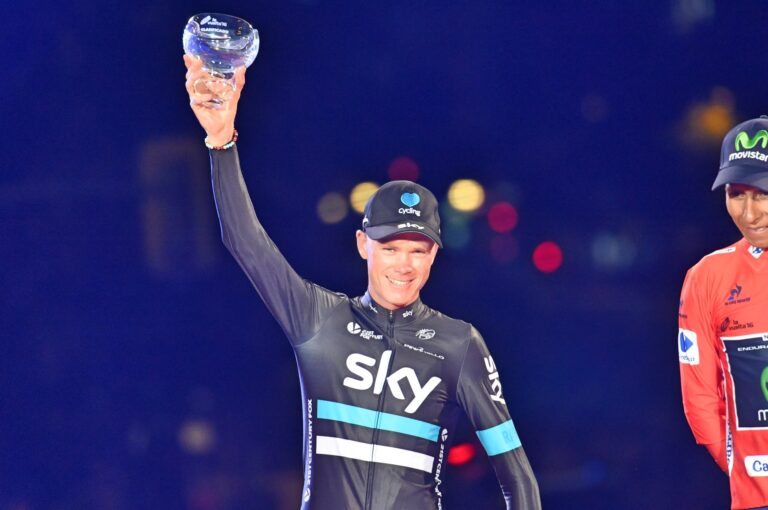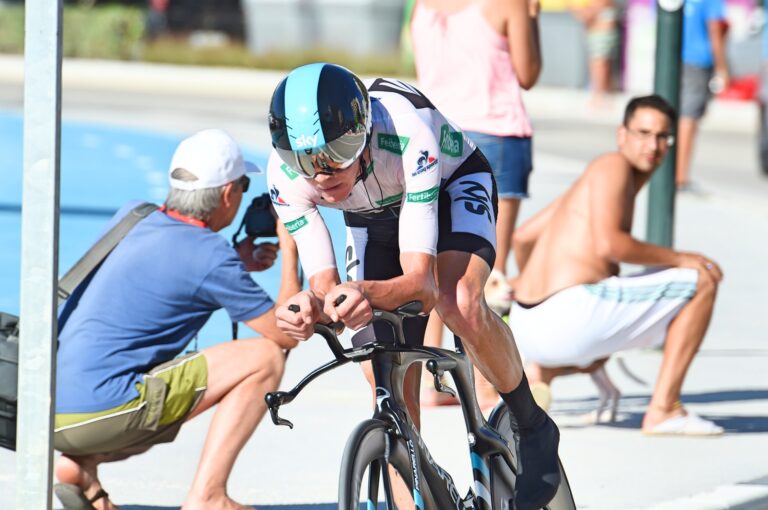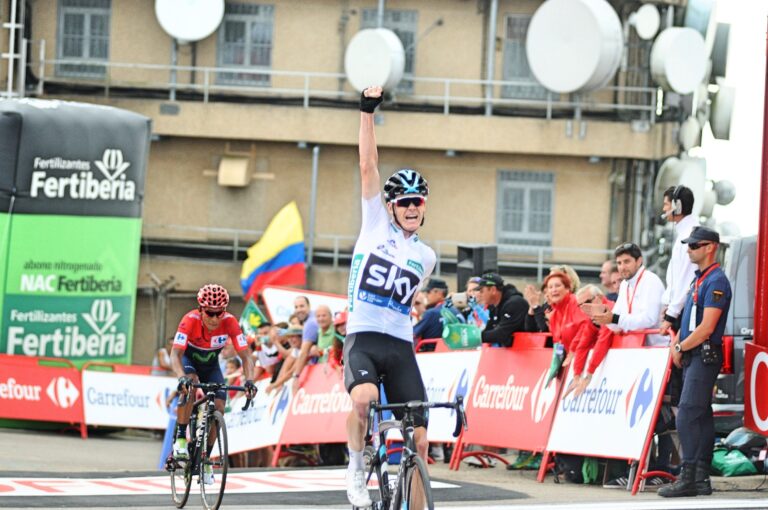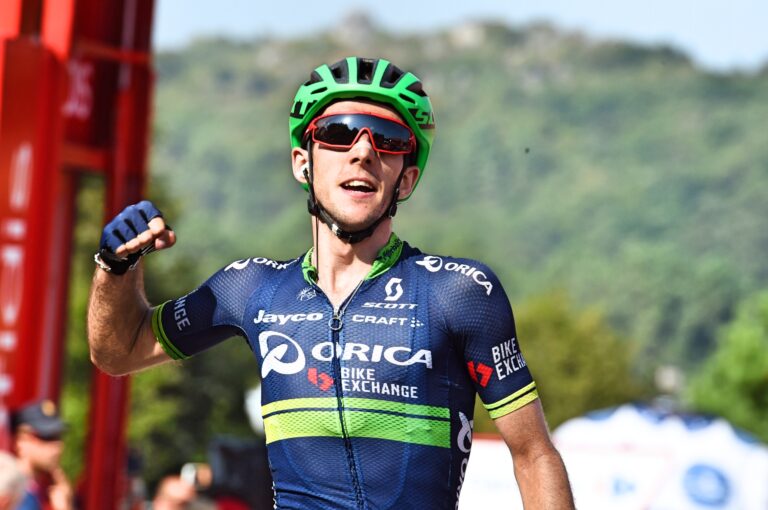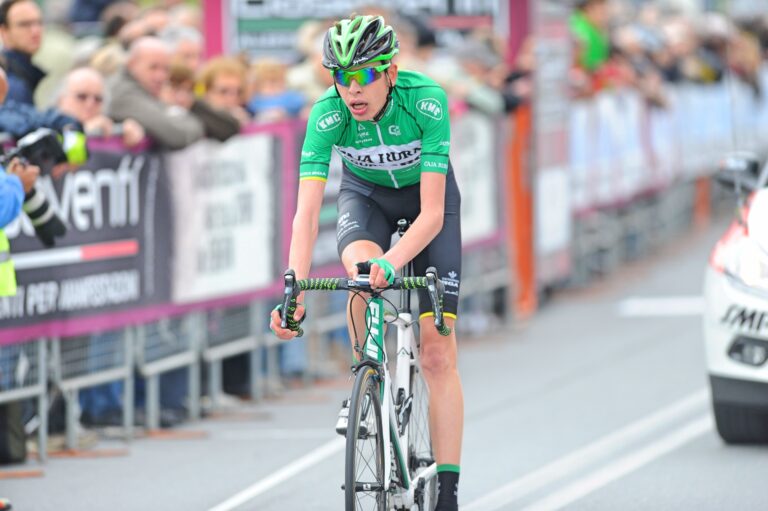Chris Froome could become only the third rider in cycling history to win both the Tour de France and Vuelta a Espana in the same year, and the first since the Vuelta became the season’s final Grand Tour.
Team Sky’s Tour de France champion, twice a Vuelta runner-up, says he has unfinished business at the Spanish Grand Tour as he joins a strong Sky line-up for the opening team time trial on Saturday (August 20).
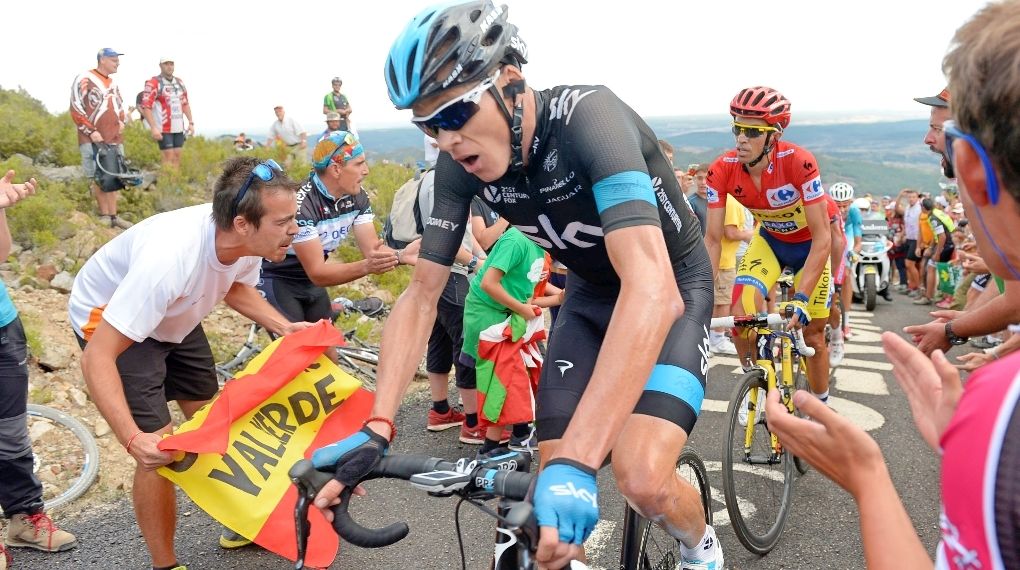
Only Jacques Anquetil (1963) and Bernard Hinault (1978) have previously won both races in the same year, and Froome’s last attempt saw him crash out in Andorra.
But if Froome is to make history, he will have to beat a host of other riders with unfinished business of their own – not least Alberto Contador (Tinkoff), who crashed out of the Tour, and Nairo Quintana (Movistar) who finished third behind Froome in France.
Steven Kruijswijk (LottoNL-Jumbo), who crashed in the maglia rosa at the Giro d’Italia, and subsequently lost the race lead on the penultimate stage, is another with a point to prove.
Johan Esteban Chaves (Orica-BikeExchange), who finished second at the Giro, will bid to replicate Fabio Aru’s success 12 months ago, meanwhile – the Astana man, who does not race this time out, having followed up his Giro runners-up spot by winning the red jersey.
No rider has completed any form of Grand Tour double since Contador won both the Giro and Vuelta in 2008, so how are Froome’s chances? Let’s take a closer look…

